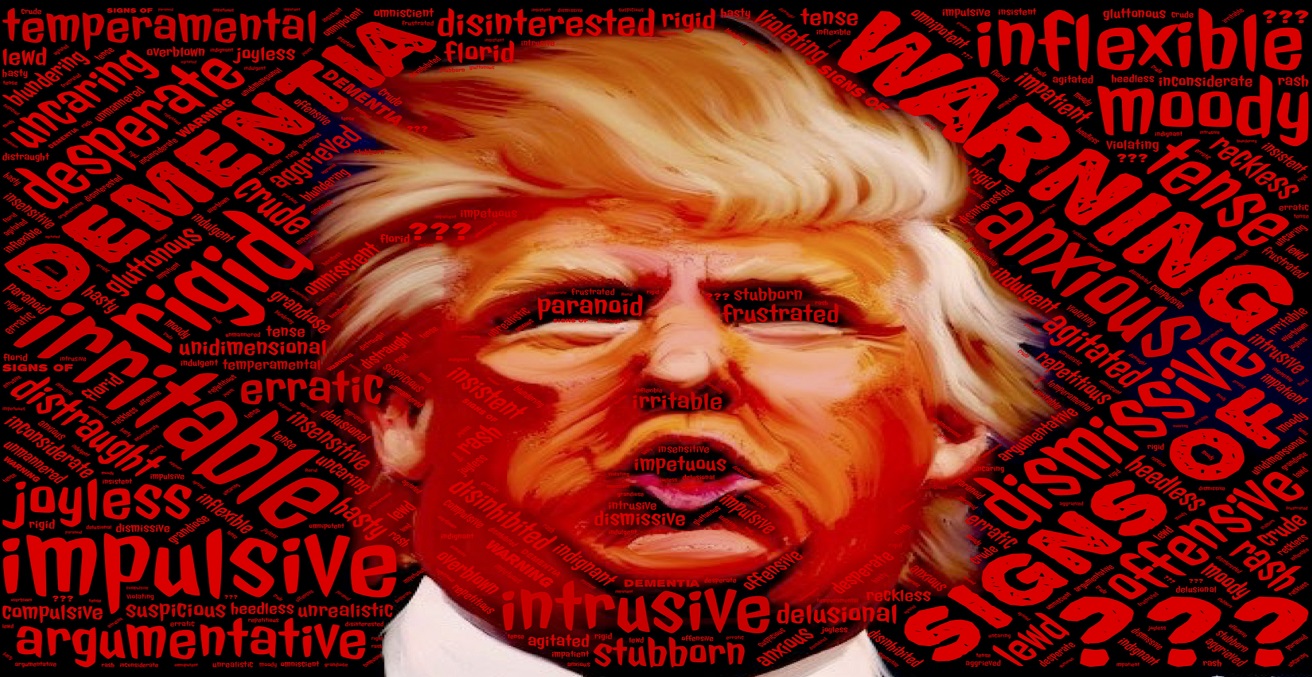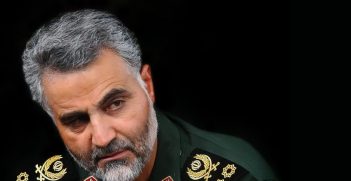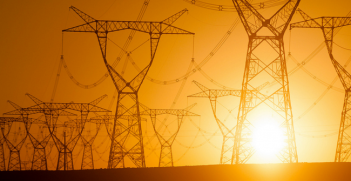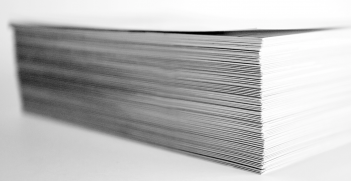Twelve Months of Trump: The President's Transformative First Year

This Saturday will mark US President Donald Trump’s first year in office. How has the self proclaimed ‘stable genius’ fared and what does his future hold?
Whatever else you might think about Donald Trump and the administration that he notionally leads, it has collectively had an impact like no other in recent history. Yes, there was George W. Bush, of course; but despite some of the disastrous consequences of his presidency, many of his actions were initially driven by unforeseen circumstances. Trump and some of his current and former advisors seem determined to take the initiative.
Seen retrospectively, Trump’s ‘successes’ and failures tell us much about his administration’s particular qualities, as well as some of the more general features of American power in the first decades of the twenty-first century. In this regard, it is striking that even domestically, Trump has struggled to make significant headway on many of the promises he made, with the one recent notable exception of tax reform (from which he will be a conspicuous beneficiary).
The polarisation of American politics, which has become such a debilitating and toxic constraint on anything resembling good government in the US, is partly to blame for this, no doubt. But some of Trump’s problems have plainly been of his own making. Even if we gloss over his notorious and manifold personal failings of intellect and character, it is clear that his ideas about, and capacity for, leadership have alienated many in his own political party and administration.
The number of high profile departures from the White House—including most recently his former ‘chief strategist and senior counsellor’ Steve Bannon—exacerbated the chaotic nature of his regime. Apologists for the Trump administration take comfort from the fact that his administration is now packed with ‘adult’ former military leaders who are likely to exercise a sobering influence over their notional boss. To judge from the administration’s impact on the international system, though, this may be wishful thinking.
After all, the first thing Trump did on assuming office was to tear up the painstakingly negotiated Trans Pacific Partnership (TPP) agreement. Whatever its technical merits may have been, the TPP was strongly supported by key allies such as Japan. Indeed, Shinzo Abe invested much political capital in taking on powerful domestic interests to ensure Japanese support, only to see it trashed by a new administration keen to put ‘America first’.
For other trusty allies like Australia the demise of the TPP was an equally heavy blow, but one significantly more difficult to bear by Trump’s contemptuous treatment of Malcolm Turnbull. Even alliance diehards in Australia were taken aback by Trump’s ‘transactional’ approach to supposedly close friends and strategic partners.
Significantly, however, it was not just relatively marginal actors and allies like Australia that were unnerved by Trump’s deal-making approach and cavalier attitude to the established international order. The North Atlantic Treaty Organization was dismissed as ‘obsolete’ and the European Union was seen as ‘unimportant’ as far as the US was concerned. One didn’t need to be a conspiracy theorist to see how such developments might be welcomed by Vladimir Putin.
Indeed, despite the unprecedented, unpredictable and highly destabilising impact of the Trump administration, not everyone was unhappy about the way the last year has gone. In the absence of America’s customary leadership and defence of liberal values, China’s Xi Jinping rapidly sought to position himself as a champion of ‘globalisation’ and continuing international economic integration.
The fact that a country that remains tightly controlled politically and economically could actually do this—and be taken seriously—indicates just how desperate some of the world’s movers and shakers had become as they looked for someone to preserve the old, apparently crumbling international order. Even authoritarian leadership was potentially better than none at all, it seemed.
For admirers of the much-invoked but increasingly absent ‘rules-based international order’ these were sobering times. Trump appeared to have little understanding of, much less commitment to, the principles and institutions that had been established under the auspices of American hegemony and which had arguably served that country well.
‘American leadership’ has rapidly becoming an oxymoron at best or, at worst, synonymous with the idiosyncrasies of one of the world’s great narcissists. It’s not unreasonable to suggest that anyone who declares themselves to be a ‘stable genius’ probably isn’t.
For students of international relations, the interesting question is whether agency will trump structure, as it were. In other words, how much difference can one person make in defining the foreign and domestic policies of what is still the most powerful nation on earth? Will Trump be ‘socialised’ into the ways of international diplomacy and recognise America’s long-term interests, or will he entrench the dysfunction of America’s domestic politics and possibly extend it to the international arena?
This was a critical question even before the recent revelations about Trump’s behaviour and real doubts about his mental state and capacities. Now it is not fanciful to suggest that the future of the world may hang on the answer.
Mark Beeson is Professor of Political Science and International Relations at the University of Western Australia and the AIIA Research Chair, appointed in February 2017.
This article is published under a Creative Commons Licence and may be republished with attribution.





